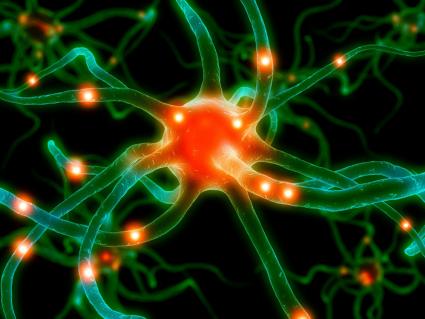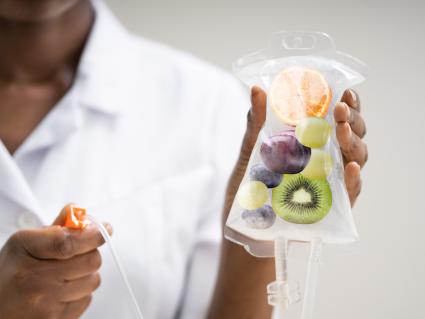Anti-Cancer Tip #4. Balance your hormonal risk

It has been estimated by the World Cancer Research Fund that one-quarter to one-third of the cancers that occur in the United States are due to poor nutrition, physical inactivity, and excess weight. This research supports our belief that embracing a healthy lifestyle is essential for anyone whose life is unfortunately touched with cancer. Follow the tips below to help promote a stable blood sugar. Continue to follow the blog for tip #5. Maximize the nutrient density of your diet.
Research shows that hormone imbalances may increase risk of certain cancers such as breast, prostate, ovarian, and endometrial cancer. Below are tips to help balance your hormonal risk.
- Limit & avoid animal protein, poultry, & dairy
- Research shows that consumption of animal protein, poultry, and dairy has been linked to increasing levels of IGF1 in the body. As previously stated, high levels of IGF1 have been associated with increased risk of certain hormone dependent cancers.
- Increase intake of cruciferous vegetables
- Cruciferous vegetables (broccoli, cauliflower, cabbage, Brussels sprouts, as well as kale and collard greens) contain various compounds called Indole 3 Carbinol and Calcium D Glucarate. Both of these compounds have been shown to help remove excess estrogen from the body, and help balance hormone levels.
- Add sea vegetables to you diet
- Sea vegetables are a group of foods that pack an anti-cancer punch. These foods include nori, wakame, arame, bladderwrack, dulse, etc. Certain sea vegetables have been found to help promote a more favorable hormone balance by helping make estrogens more favorable for the body. Sea vegetables are also rich in vitamins, minerals, and a compound called fucoidan. Fucoidan has been found to have many anti-cancer properties, including inhibiting tumor growth, metastasis, and angiogenesis.
- Focus on a moderate intake of the whole plant form of fats, & limit/avoid oils
- Research shows that a high fat, low fiber diet may increase levels of hormones in the body, especially estrogen/testosterone. In addition to limiting/avoiding animal fats, to further help regulate your hormone levels it is best to consume moderate amounts of fats, and focus more on eating the whole plant form or fats as opposed to the plant oils. This means that you should try to eat the nuts, seeds, olives, avocado, and coconut, instead of the oils from these foods. The oils are lacking the fiber, while the whole form of the food contains the fiber. Fiber has also been shown to help remove excess hormones from the body.





















